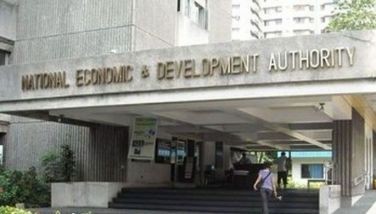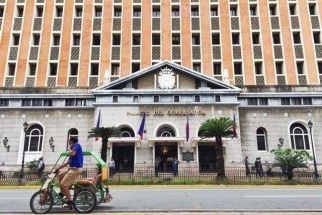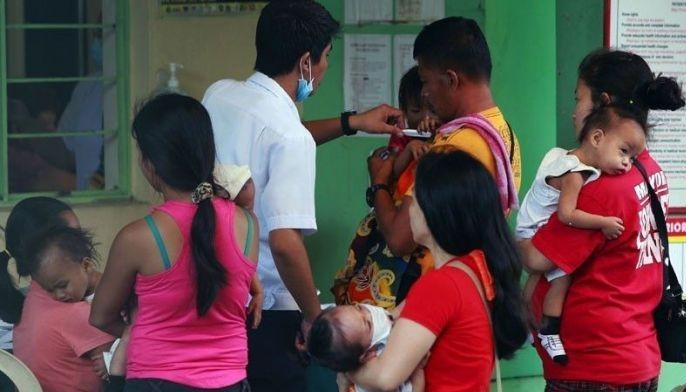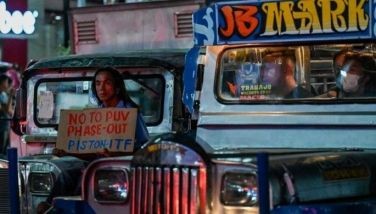HRW: Despite RH Law, policies deter condom use

Reproductive Health Law advocates stage at a 2014 rally on Session Road in Baguio City. ANDY ZAPATA JR., file
MANILA, Philippines — Government policies make it difficult for people at risk of HIV to get access to condoms, Human Rights Watch said in a report this week on the rising number of cases in the Philippines.
The number of HIV cases in the Philippines has risen to around 35,000 in 2016 from two in 1984, according to a DOH registry.
HRW said there are policies from the national to the municipal levels of government that hamper access to condoms despite the enactment of the Reproductive Health Law in 2012.
These policies have contributed to the Philippines having the second lowest rate of condom use in the Asia-Pacific, HRW said, citing data UNICEF data. It said only 38 percent of men who have sex with men — the sector that the report focused on because of the high risk of transmission — under 25 years old reported using condoms in their last sexual encounter.
According to government data, only 35 percent of adolescent MSMs used condoms the last time they had sex and only 11 percent did so with their last three partners. More than half said they did not use them because of unavailability.
HRW researcher Carlos Conde told Philstar.com that a provision in the RH Law requiring written parental permission before minors can access reproductive health services like condoms puts youths — particularly young MSMs — at risk of transmission.
The provision, he said, also contradicts a provision in the same law that says "no person shall be denied" information and access to reproductive health services.
"It impresses on them that they are not allowed to use a condom because they are not allowed to buy [them]," a peer educator from HIV/AIDS support group PinoyPlus, said in the report.
Local hindrances
HRW cites Balanga, Bataan as an example of a local government unit having policies that obstruct HIV prevention efforts.
The city has barred public health officials and clinics from buying and distributing contraceptives since 2007 and has also refused to give out those sent by the national government.
The policy, only made verbally, according to a health worker that HRW interviewed, has not changed even after Mayor Joet Garcia was succeeded by his brother Francis in May. The same health worker said the policy reflected Garcia's "conservative religious convictions."
While being the biggest provider of HIV treatment facilities in the world, the Catholic Church recommends abstinence before marriage to prevent HIV and natural family planning methods like the "rhythm" method for married couples.
Sorsogon City is another example. Declared a "pro-life" city in 2015 by Mayor Sally Lee, the city's public health centers have — also on verbal orders — stopped distributing contraceptives and has focused on natural family planning, HRW said.
The orders have been enforced through "surveillance," HRW said, with city employees risking their jobs if they are caught disobeying.
According to a report by the provincial DOH office, Lee also had condoms removed from government clinics "due to morality issues."
These policies force lower-income residents who used to rely on free contraceptives to either buy them themselves or to go without.
"Such restrictions also stigmatize access to condoms in an environment in which governments at all levels are already failing to adequately promote condoms for HIV prevention," HRW said.
- Latest
- Trending































